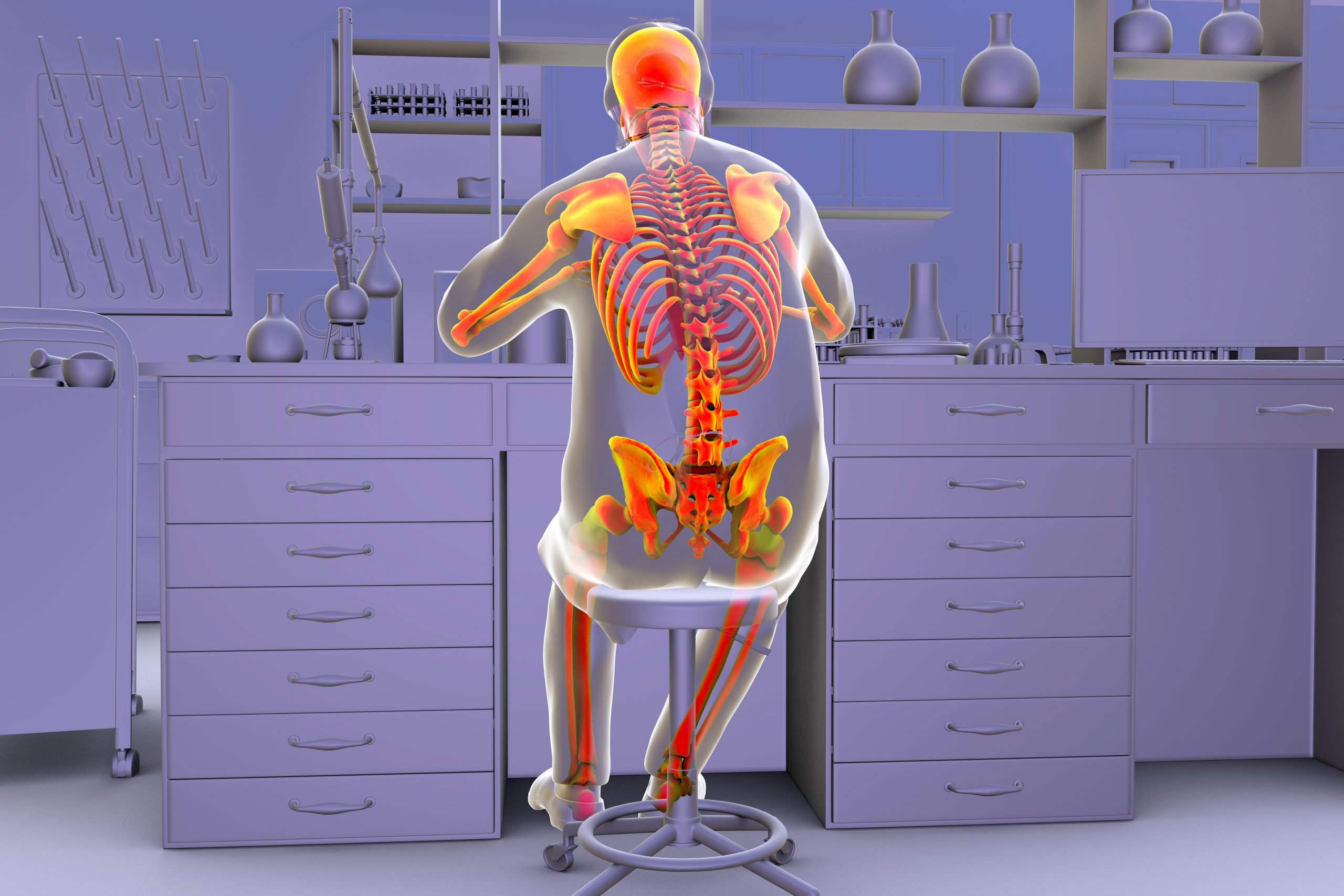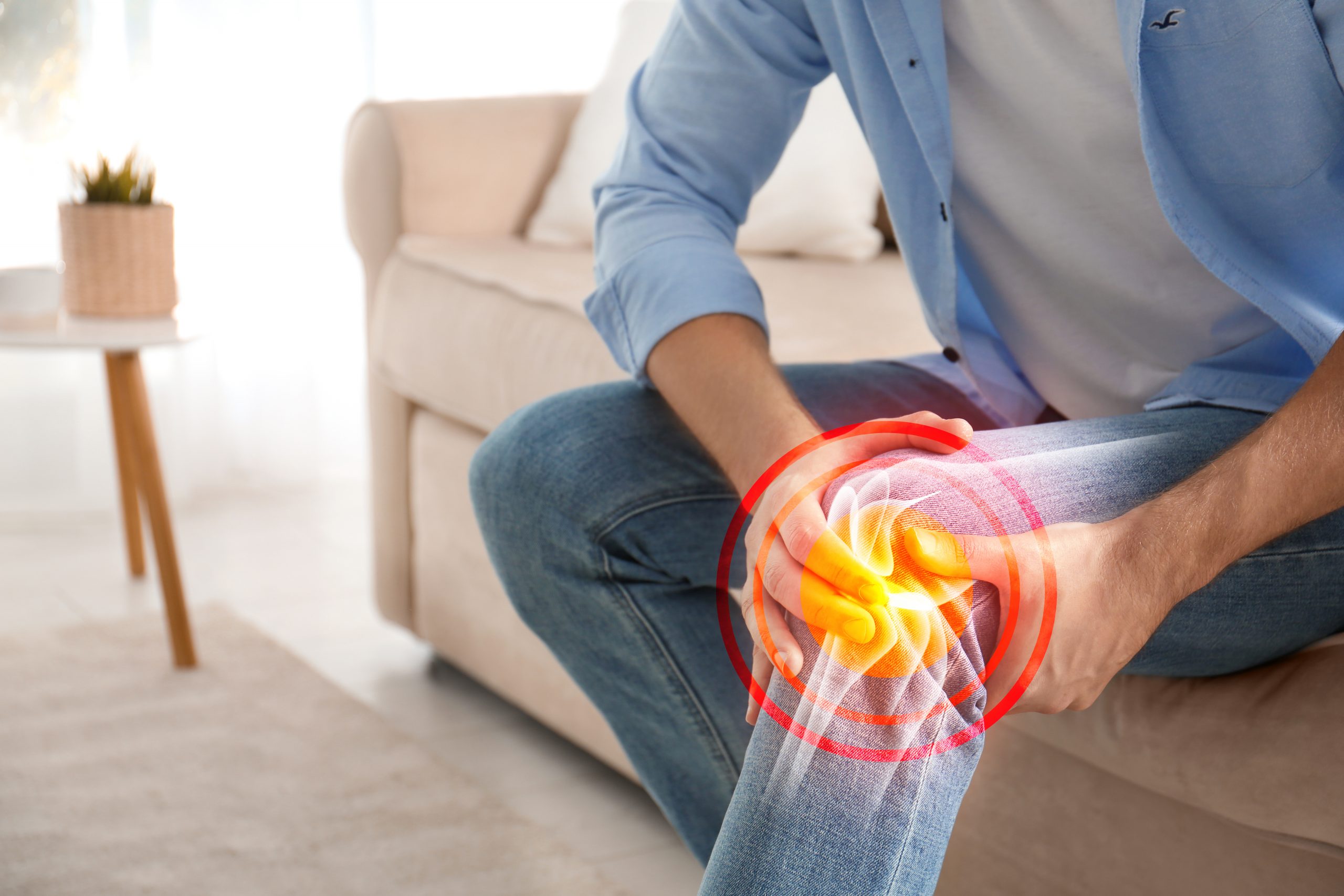For many individuals, joint pain is a daily struggle that affects their quality of life. Whether caused by arthritis, injury, or other underlying conditions, joint pain can significantly impact sleep quality. In turn, poor sleep can exacerbate joint pain, creating a challenging cycle that disrupts overall well-being. In this article, we will explore the connection between joint pain and sleep quality, understand the underlying mechanisms, and discuss strategies for improving both.
Understanding Joint Pain:
Joint pain refers to discomfort, soreness, or stiffness in the joints, such as the knees, hips, shoulders, or wrists. It can arise from various causes, including arthritis (such as osteoarthritis or rheumatoid arthritis), joint injuries, overuse, or inflammation. Joint pain can be acute or chronic, with chronic pain lasting for more than three months.
The Impact of Joint Pain on Sleep Quality:
- Discomfort and Restlessness: Joint pain can make it challenging to find a comfortable sleeping position. The discomfort can lead to restlessness, tossing, and turning throughout the night, disrupting the ability to fall asleep or stay asleep.
- Sleep Fragmentation: Joint pain can cause sleep fragmentation, meaning sleep is frequently interrupted during the night. Individuals with joint pain may experience frequent awakenings due to discomfort, leading to fragmented sleep and a reduced duration of restful sleep.
- Reduced REM Sleep: Rapid Eye Movement (REM) sleep is an essential stage of the sleep cycle associated with brain restoration and emotional processing. Joint pain can disrupt REM sleep, resulting in a decrease in its duration and potentially impacting cognitive function, mood, and overall well-being.
- Increased Arousal Threshold: Joint pain can lower the arousal threshold, making individuals more sensitive to environmental stimuli during sleep. Even minor disturbances, such as noise or temperature changes, can cause awakenings, further contributing to poor sleep quality.
The Impact of Poor Sleep on Joint Pain:
- Heightened Pain Perception: Lack of quality sleep can increase sensitivity to pain, making joint pain feel more intense. Sleep deprivation affects the body’s pain modulation systems, leading to an amplification of pain signals.
- Inflammation and Healing: Sleep is crucial for the body’s healing processes, including reducing inflammation. Inadequate sleep impairs the body’s ability to regulate inflammation, potentially exacerbating joint pain associated with inflammatory conditions like arthritis.
- Impaired Immune Function: Sleep plays a vital role in maintaining a healthy immune system. Poor sleep can compromise immune function, potentially contributing to increased joint inflammation and delayed healing.
Strategies for Improving Sleep and Joint Pain:
- Optimize Sleep Environment: Create a sleep-friendly environment by ensuring a comfortable mattress, supportive pillows, and appropriate bedding. Control factors such as noise, light, and temperature to promote better sleep quality.
- Pain Management: Consult with a healthcare professional for effective pain management strategies. This may include over-the-counter or prescribed pain medications, topical treatments, physical therapy, or joint support devices.
- Regular Exercise: Engage in regular low-impact exercise, such as swimming or walking, to improve joint mobility and reduce stiffness. However, avoid strenuous exercise close to bedtime, as it may increase joint pain and interfere with sleep.
- Stress Reduction: Practice relaxation techniques like deep breathing exercises, meditation, or yoga to reduce stress and promote better sleep. Stress management can help alleviate muscle tension and reduce joint pain.
- Sleep Hygiene: Establish a consistent sleep routine and adhere to good sleep hygiene practices. This includes maintaining a regular sleep schedule, avoiding stimulating activities before bed, limiting caffeine and alcohol consumption, and creating a calming bedtime routine.
- Weight Management: Maintain a healthy weight or work towards weight loss if needed. Excess





